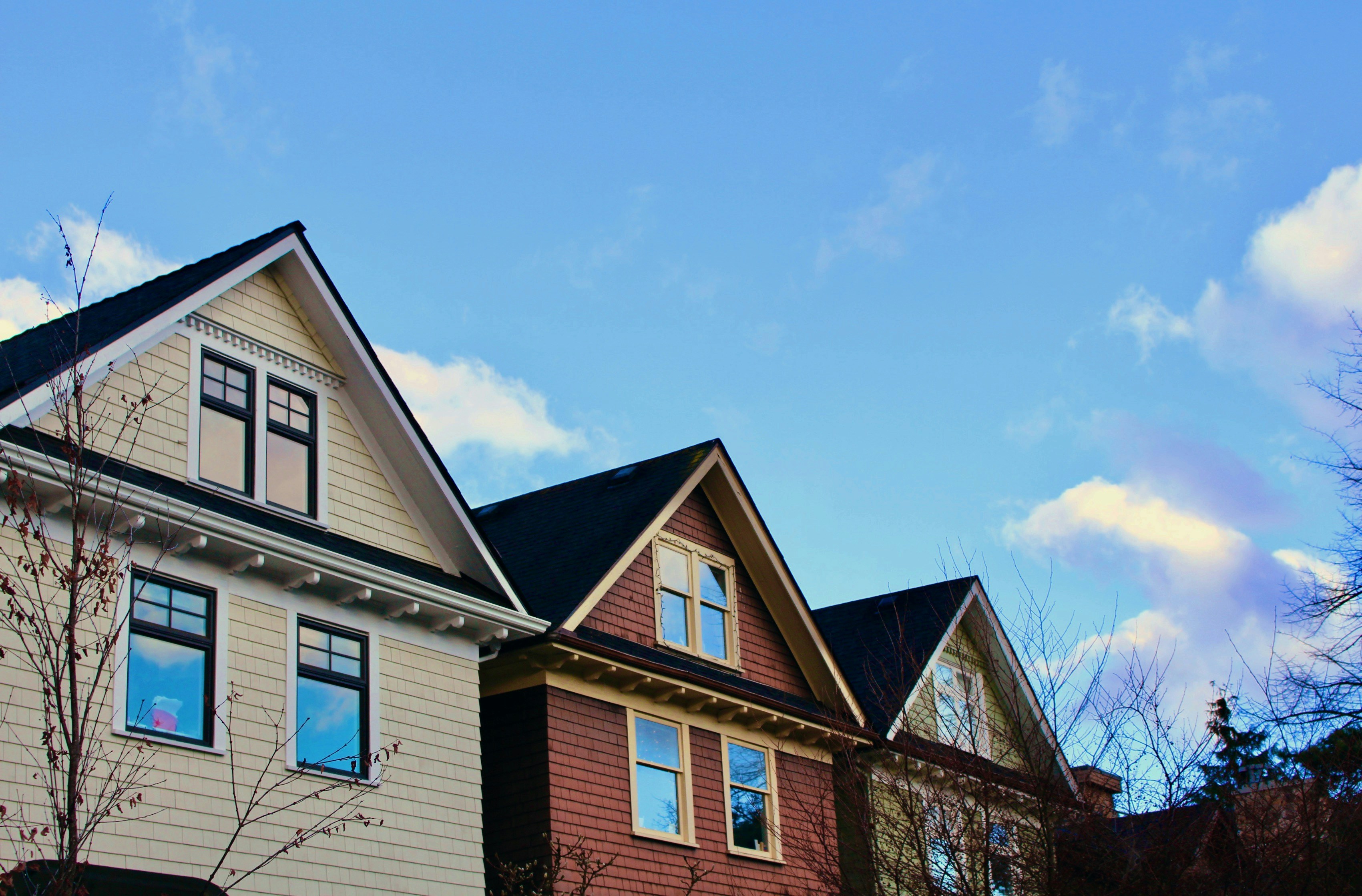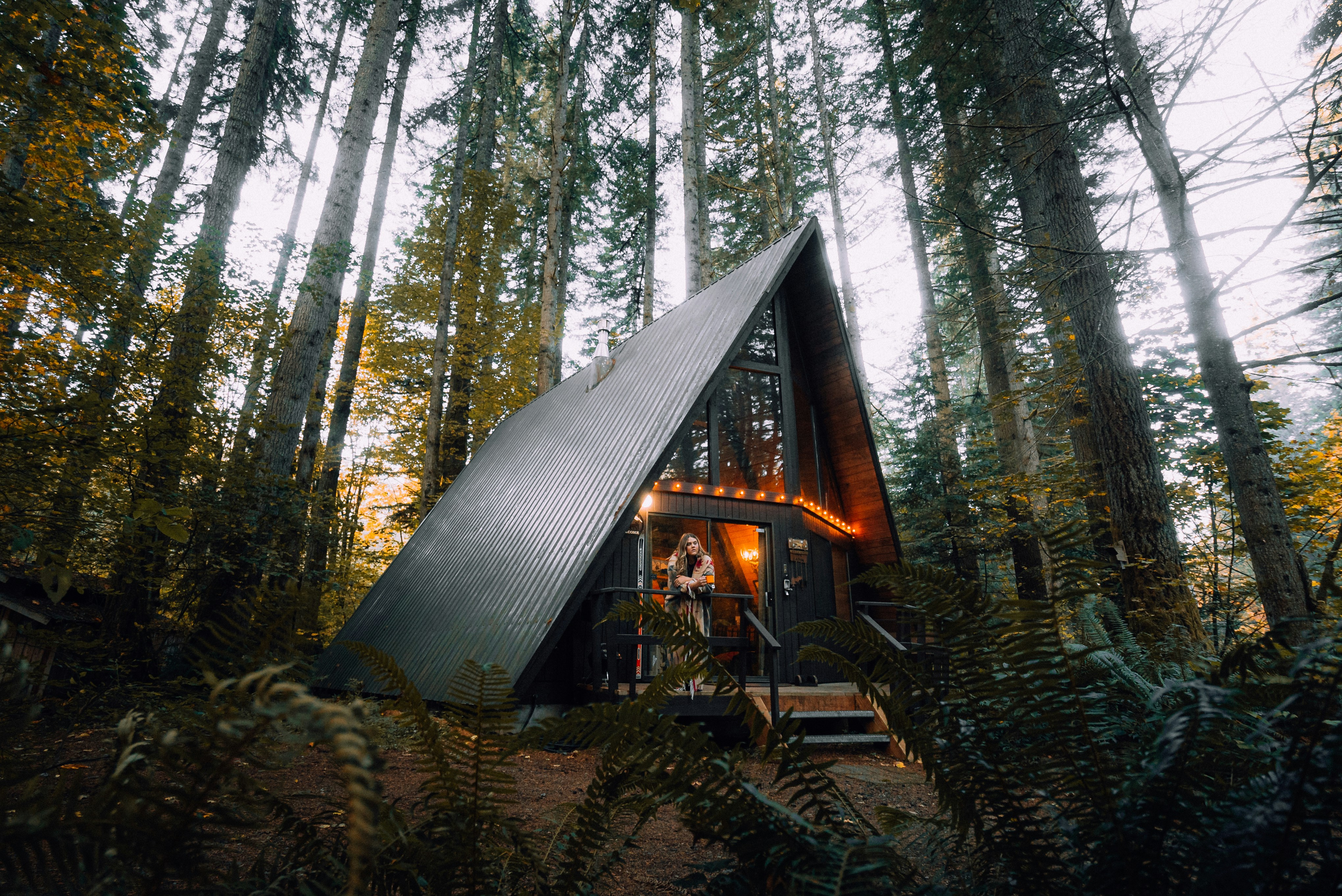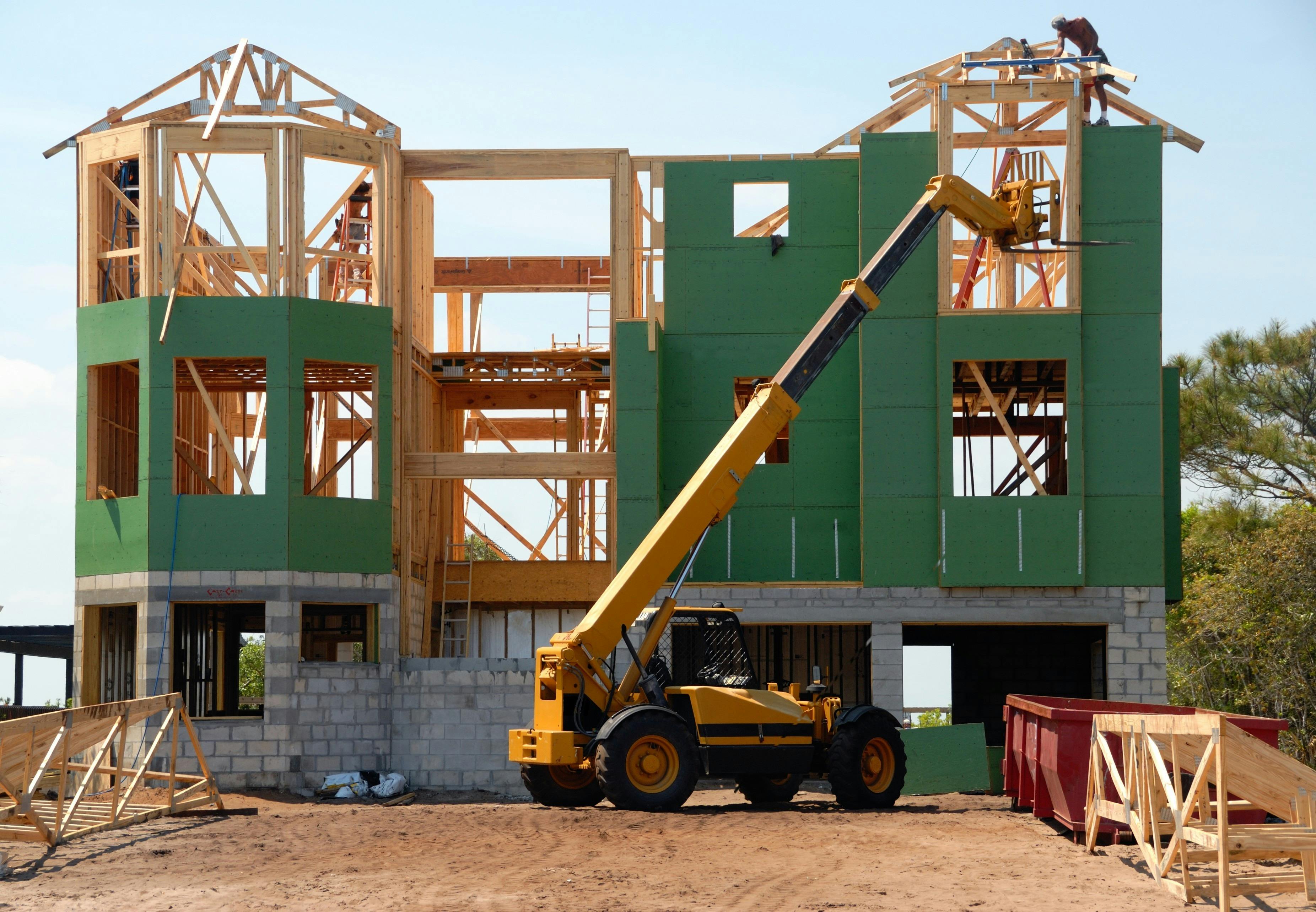Real Estate Data Transparency
Empower professionals, policymakers, and citizens to make data-driven decisions.
What We Do
OpenHousing delivers actionable insights from real estate data using cutting-edge AI models, offering a fresh perspective on how homes are bought, sold, financed, and understood.
Market Pattern Detection
Discover anomalies in pricing, timing, and ownership history that indicate significant shifts or patterns.
Ownership Transparency
Understand ownership structures through intelligent mapping of buyers, lenders, and corporate links.
AI-Powered Risk Scores
Evaluate properties and portfolios with dynamic risk indicators that adapt to local market behavior.
Who We Help
OpenHousing supports professionals, agencies, and communities with intelligent, transparent insights tailored to their specific needs.

Governments & Regulators
Improve oversight with targeted insights that inform policy and guide strategic planning.
Key Benefits:
- Enhanced compliance monitoring
- Data-driven policy making
- Residential market insights

Financial Institutions
Reduce lending risks and support compliance teams with transparent, market-aware indicators.
Key Benefits:
- Risk assessment automation
- Portfolio monitoring
- Market anomaly detection

Real Estate Professionals
Empower buyers, sellers, and analysts with data-backed tools to evaluate listings and local trends.
Key Benefits:
- Property valuation support
- Comparative market analysis
- Investment opportunity screening
Explore Real-Time Housing Insights
Our live dashboard maps evolving patterns in the housing market with powerful AI-driven analytics and transparent visualization.
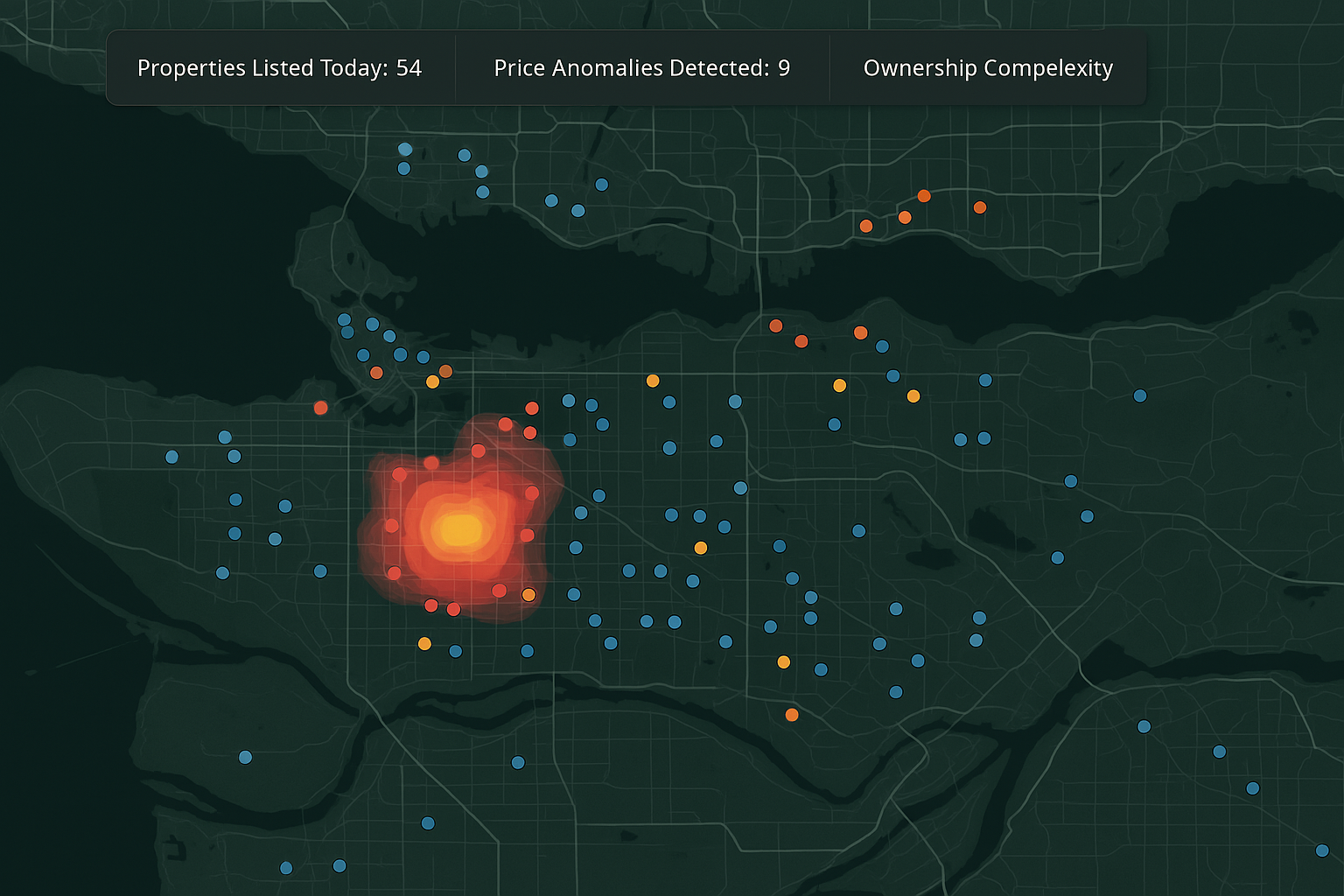
Real-time Vancouver housing market visualization
Dashboard Features
Short-Term Rental Density
Visualize concentrations of short-term rental activity linked to speculative purchases and neighborhood volatility.
Price Outliers Analysis
Highlight transactions where prices significantly deviate from predicted market values, potentially indicating unusual activity.
Ownership Transparency
Explore property ownership structures to reveal complexity that may obscure beneficial owners.
Market Confidence Score
Our AI-driven RETRA score rates properties on transparency, consistency, and economic alignment.
Appearances
Our work is dedicated to exposing hidden trends and irregularities in Vancouver’s real estate market through rigorous data analysis and fearless public advocacy.
Our groundbreaking research has influenced major policy debates, inspired regulatory reforms, and earned recognition in Canada’s most respected news outlets.
Discover our timeline of media appearances and see how our insights are driving real change and shaping the future of housing in Vancouver.

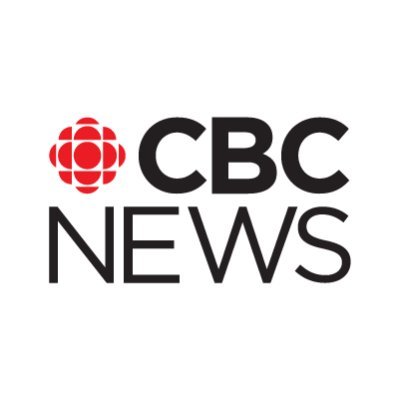
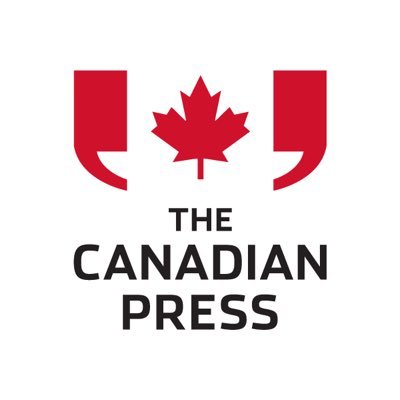
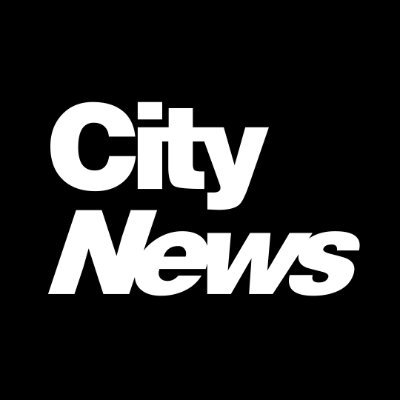


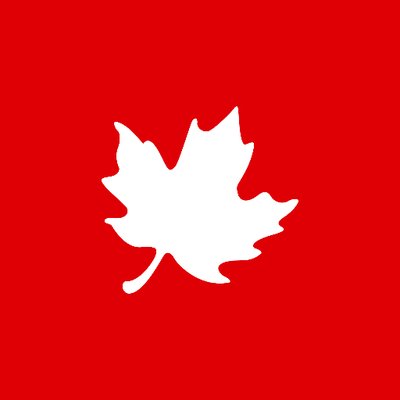




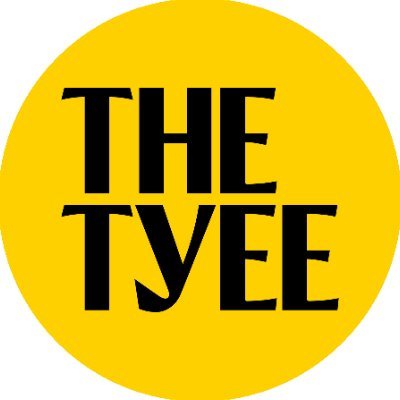




The Canadian Press
Vancouver short-term rental data at stake in ongoing freedom of information dispute
Vancouver affordable housing advocate Rohana Rezel is engaged in a six-year freedom of information dispute with the City of Vancouver and Airbnb. Rezel seeks access to data on short-term rentals, arguing that transparency is crucial for addressing housing affordability issues. The city and Airbnb have resisted releasing the information, citing privacy concerns. This ongoing legal battle underscores the tension between public interest in housing data and corporate confidentiality claims.
Read full articleThe Walrus
Airbnb Versus Everyone
This article delves into the contentious debate surrounding Airbnb’s impact on communities and local housing markets. It examines how the company’s business model has disrupted traditional rental markets, sparking conflicts with local residents, governments, and housing advocates. The piece discusses the various responses—from regulatory measures to grassroots opposition—highlighting the broader social and economic consequences of Airbnb's rapid expansion.
Read full articleBusiness in Vancouver
Will B.C.'s Short-Term Rental Laws Come Up Short?
This analytical report discusses the new provincial short-term rental regulations and includes commentary from Rohana Rezel. He criticizes aspects of the proposed legislation and highlights ongoing enforcement challenges in Vancouver.
Read full articleThe Canadian Press
Airbnb wins Vancouver privacy ruling, as court quashes order to release host data
This report details a court ruling affecting the release of Airbnb host data in Vancouver. It includes remarks from housing activist Rohana Rezel, who argues that transparency is crucial to understanding the impact of short-term rentals on the local housing market.
Read full articleSquamish Chief
Are Canadian Politicians Conflicted on Affordable Housing?
This article explores whether British Columbia’s new short-term rental regulations will effectively address the housing crisis. It critically examines the proposed measures, their enforcement challenges, and potential unintended impacts on local rental markets, drawing on expert opinions and insights from housing advocates.
Read full articleCTV News
Vancouver to shift 2 property tax from businesses to homeowners
This report covers a policy change in Vancouver that shifts part of the property tax burden from businesses to homeowners, including commentary from Rohana Rezel on its potential impact on housing affordability and market dynamics.
Read full articleThe Tyee
OneCity Agenda: Vancouver Council
This article outlines the OneCity agenda and its implications for Vancouver Council, featuring insights from housing activist Rohana Rezel and discussing policy proposals and the future of urban development in the city.
Read full articleBusiness in Vancouver
OneCity in Damage Control Over Leaked Chat Logs
This article covers a controversy involving leaked online discussions among local political activists. It mentions Rohana Rezel—in his former role as a city council candidate and housing advocate—in the context of the dispute and internal party dynamics.
Read full articleThe Toronto Star
This New Project Shows the Terrible Human Cost of House Flipping
This article examines a new investigative project that reveals the profound human cost behind the booming house-flipping industry. It highlights how rapid property turnover and speculative investment are contributing to the displacement of long-term residents and exacerbating housing affordability issues. The report details personal stories and data insights that illustrate the social and economic consequences of house flipping, urging policymakers to reconsider real estate practices that leave vulnerable communities bearing the brunt of the crisis.
Read full articleGlobal News
Flipping Homes for Big Profits
This video report investigates the trend of flipping homes for large profits. It examines how investors rapidly buy, renovate, and resell properties, and discusses the broader impacts of these practices on housing affordability and market stability. The report features interviews with industry experts, residents, and analysts who shed light on how house flipping is influencing local communities and contributing to the ongoing housing challenges.
Read full articleThe Toronto Star
A New Project Mapped House Flipping in Vancouver: Here's What It Found
This article details a project that maps and analyzes house flipping activities in Vancouver. The investigation reveals key patterns including the concentration of property ownership among investors, rapid turnovers, and the subsequent effects on housing affordability. The findings suggest that speculative practices in the real estate market are contributing to rising home prices and reduced housing availability, prompting calls for policy reform to address these systemic issues.
Read full articleNorth Shore News
Airbnb Challenges Ruling to Disclose Short-Term Rental Data to Vancouver Housing Activist
This piece reports on Airbnb’s legal challenge to a ruling that would have forced the disclosure of short-term rental host information to housing activist Rohana Rezel. The article discusses concerns over privacy and the potential for misuse of the data.
Read full articleThe Toronto Star
Why This Vancouver Legal Battle Could Pull Back the Curtain on a Problem With The Housing Market
This article examines a pivotal legal battle in Vancouver that could expose systemic issues within the city’s housing market. It discusses how the litigation may force a closer look at opaque practices in real estate data disclosure and regulatory enforcement, shedding light on broader problems such as short-term rental abuses and the concentration of property ownership. Housing advocates argue that the outcome of this case could spur much-needed policy reform and increase transparency, ultimately benefiting residents affected by the housing affordability crisis.
Read full articleBCIT News
BCIT Investigates: Airbnb’s Role in Vancouver’s Housing Crisis
This investigative report examines how short-term rentals are affecting rental prices and housing availability in Vancouver. Housing activist Rohana Rezel is cited as a local expert on the impact of platforms like Airbnb.
Read full articleRicochet Media
It feels hopeless — housing an afterthought in election campaign
This article examines how housing issues have been sidelined during the election campaign. It highlights the growing frustration among citizens and housing advocates, including commentary from figures like Rohana Rezel, who stress that housing concerns are being overlooked in political debates.
Read full articleVancouver Sun
Dan Fumano Election 2021: Eyes of the Entire Country on Vancouver Granville
This report focuses on the high-stakes election in Vancouver Granville, featuring commentary from Rohana Rezel on the broader implications for housing policy and real estate practices as candidates vie for public trust.
Read full articleCityNews
Vancouver Liberal Flipping Homes
This article investigates the trend of flipping homes among Vancouver liberals, featuring an interview with Rohana Rezel discussing the implications of such practices on the housing market and affordability.
Read full articleRichmond News
Government Secrecy Underpins Three Vancouver Real Estate Revelations
This article reveals how government secrecy has contributed to major real estate revelations in Vancouver. Housing activist Rohana Rezel is featured discussing the need for greater transparency in property ownership and market regulation.
Read full articleThe Globe and Mail
Citizen Researchers Comb Through B.C.’s Real Estate Data Trove
This article details how housing activist and senior software architect Rohana Rezel, along with other citizen researchers, uses advanced data analysis and publicly available records to expose hidden trends in Vancouver’s real estate market. By leveraging tools such as land titles searches and the new Land Owner Transparency Registry, Rezel uncovers patterns of concentrated ownership—highlighting cases where realtors and investors hold multiple properties or flip houses for large profits. The work, which is shared on his website OpenHousing.ca and across social media, aims to level the playing field by revealing information that the real estate industry traditionally keeps out of public view. The article also discusses challenges with the registry’s cost and transparency, emphasizing the broader implications for housing affordability and policy reform in the region.
Read full articleThe Straight
Vancouver Granville Liberal Candidate Buys and Sells 21 Homes Since 2005
This piece covers the real estate transactions of a Vancouver Granville liberal candidate, including insights from Rohana Rezel on how frequent property flips impact the housing market and contribute to affordability challenges.
Read full articleCBC News
Vancouver Short-Term Rentals
This CBC article examines the rising impact of short-term rental platforms in Vancouver, discussing challenges related to housing affordability, neighborhood stability, and regulatory responses. The report highlights ongoing debates among policymakers, housing advocates, and industry stakeholders as they seek solutions to mitigate the unintended consequences of an expanding short-term rental market.
Read full articleRichmond News
Richmond housing is a gold mine for big Airbnb players — some live abroad
This piece explores how Richmond’s housing market is attracting major Airbnb investors, including overseas buyers. It discusses the impact of this trend on local housing affordability and includes insights from housing experts such as Rohana Rezel on the broader implications for the community.
Read full articleCityNews
Vancouver's unofficial Airbnb watchdog says he's found 100s of bylaw violations
In this article, Vancouver's unofficial Airbnb watchdog, Rohana Rezel, discusses his findings of hundreds of bylaw violations related to short-term rentals in the city, shedding light on gaps in regulation and enforcement.
Read full article